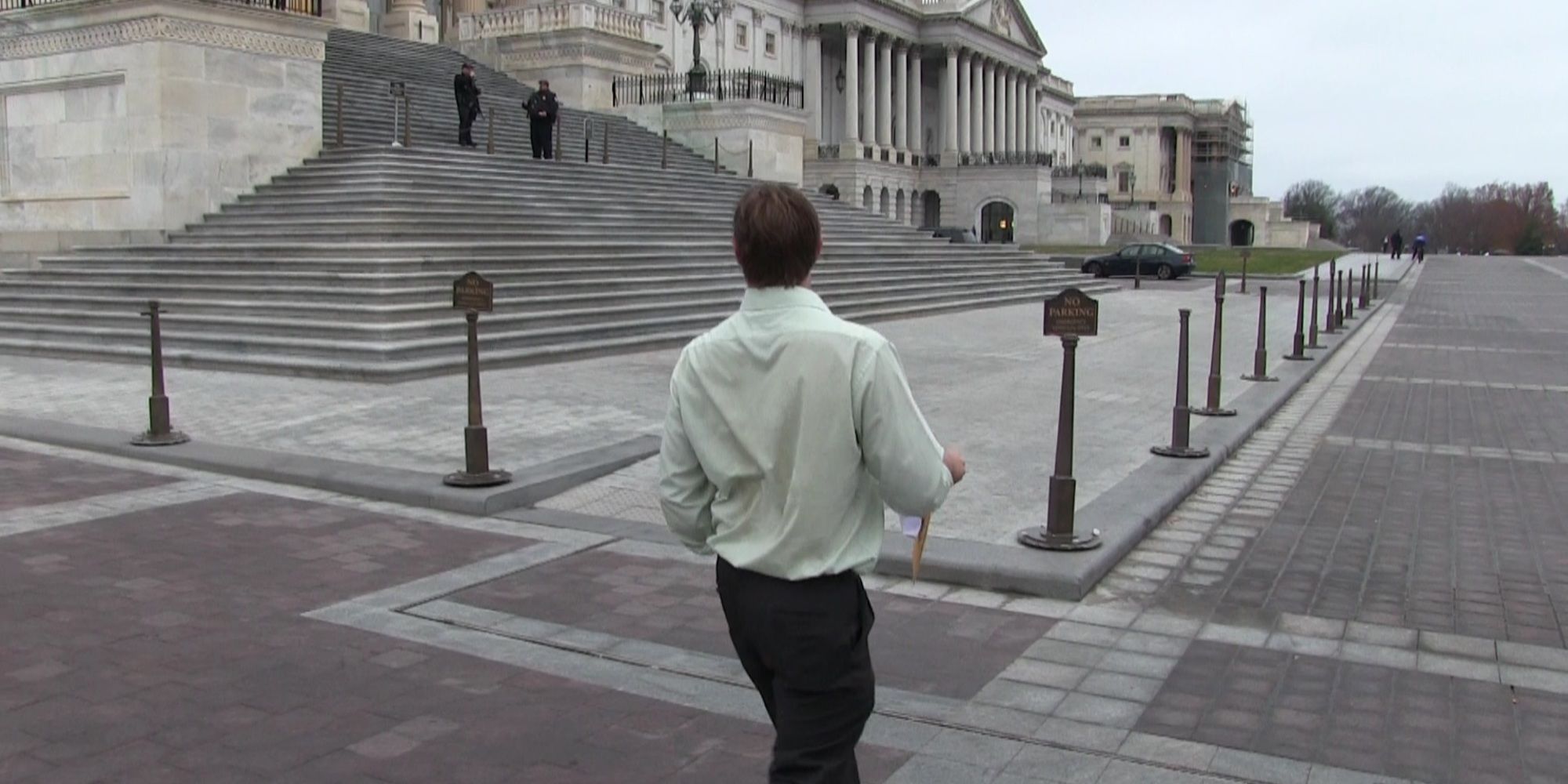Transhumanists will know that the science fiction author Zoltan Istvan has unilaterally leveraged the movement into a political party contesting the 2016 US presidential election. To be sure, many transhumanists have contested Istvan’s own legitimacy, but there is no denying that he has generated enormous publicity for many key transhumanist ideas. Interestingly, his lead idea is that the state should do everything possible to uphold people’s right to live forever. Of course, he means to live forever in a healthy state, fit of mind and body. Istvan cleverly couches this policy as simply an extension of what voters already expect from medical research and welfare provision. And while he may be correct, the policy is fraught with hazards – especially if, as many transhumanists believe, we are on the verge of revealing the secrets to biological immortality.
In June, Istvan and I debated this matter at Brain Bar Budapest. Let me say, for the record, that I think that we are sufficiently close to this prospect that it is not too early to discuss its political and economic implications.
Two months before my encounter with Istvan, I was on a panel at the Edinburgh Science Festival with the great theorist of radical life extension Aubrey de Grey, where he declared that people who live indefinitely will seem like renovated vintage cars. Whatever else, he is suggesting that they would be frozen in time. He may actually be right about this. But is such a state desirable, given that throughout history radical change has been facilitated generational change? Specifically, two simple facts make the young open to doing things differently: The young have no memory of past practices working to anyone else’s benefit, and they have not had the time to invest in those practices to reap their benefits. Whatever good is to be found in the past is hearsay, as far as the young are concerned, which they are being asked to trust as they enter a world that they know is bound to change.
Questions have been already raised about whether tomorrow’s Methuselahs will wish to procreate at all, given the time available to them to realize dreams that in the past would have been transferred to their offspring. After all, as human life expectancy has increased 50% over the past century, the birth rate has correspondingly dropped. One can only imagine what will happen once ageing can be arrested, if not outright reversed!
Continue reading “Beware the Rise of Gerontocracy: Some Hard Lessons for Transhumanism, Not Least from Brexit” »
















